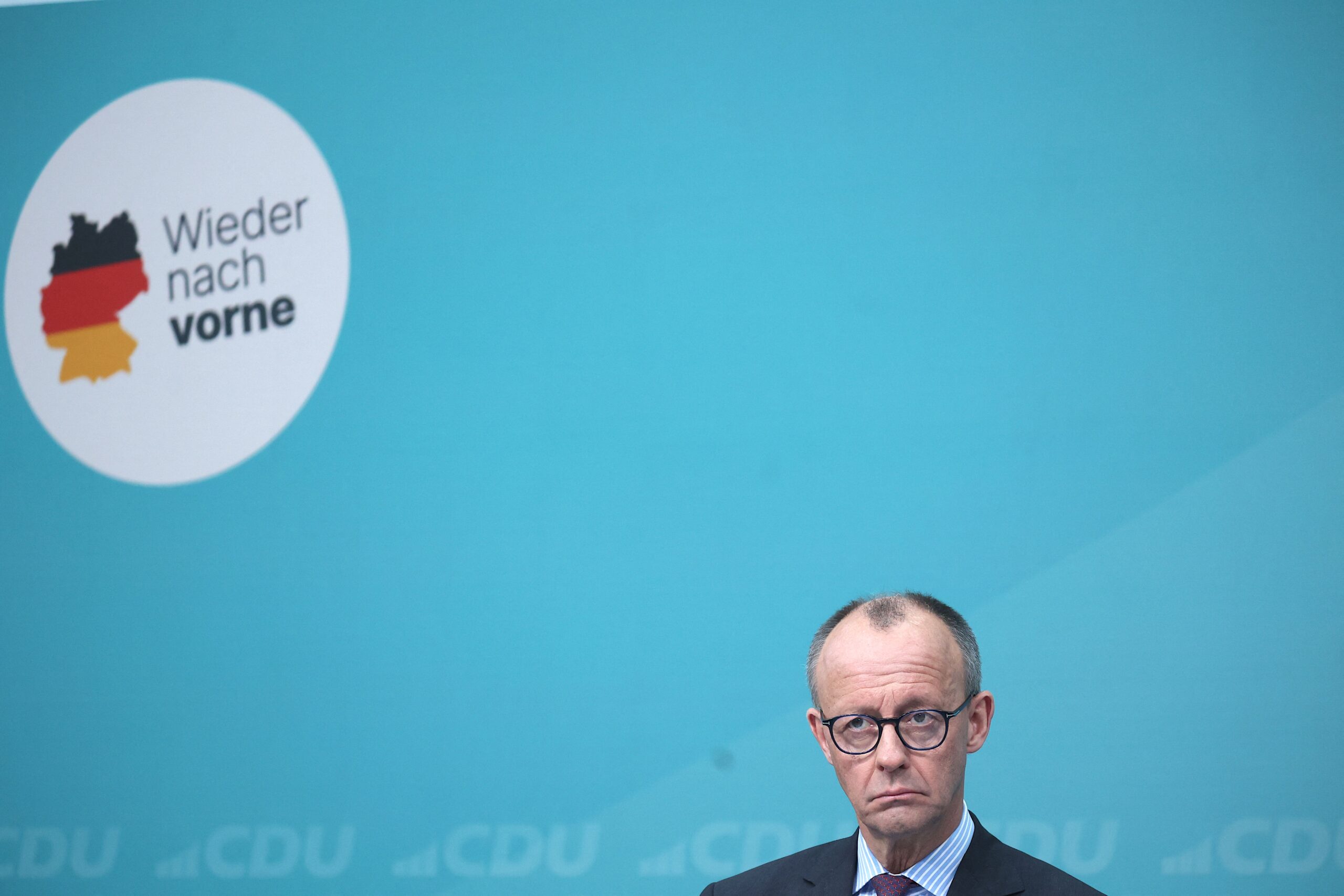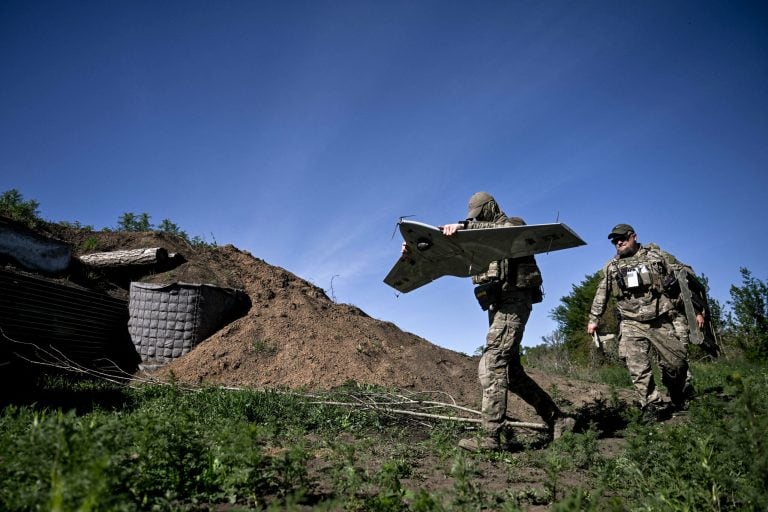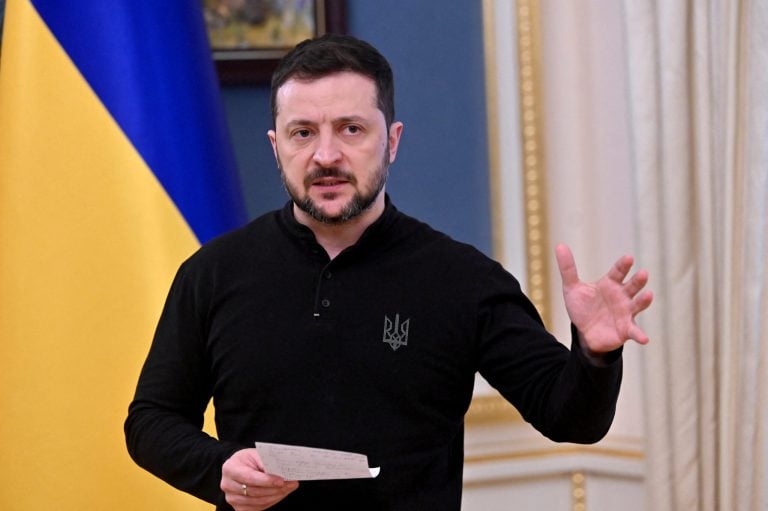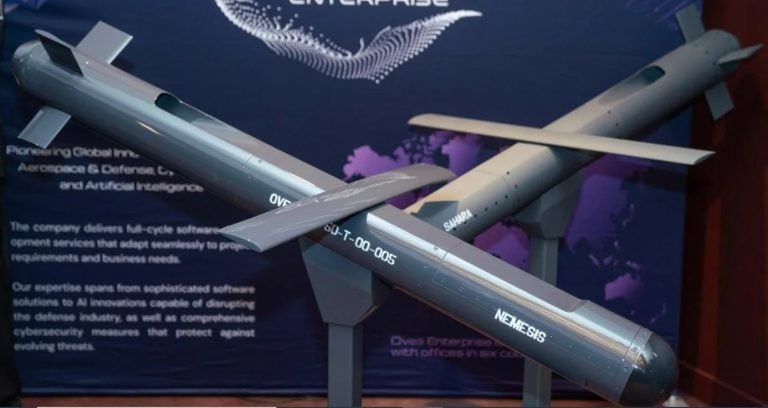Germany is set to invest 35 billion euros (approximately $41 billion) in outer space defense by 2030, according to Defence Minister Boris Pistorius, who emphasized the rising threat posed by Russia and China. During a speech at the Space Congress of the Federation of German Industries, Pistorius highlighted the significant advancements in space warfare capabilities by these nations. He noted that they can disrupt, jam, manipulate, or even physically destroy satellites, a concern amplified by the absence of borders in space.
This investment aligns with Germany’s commitment to bolster NATO’s European defense capabilities amid ongoing tensions, particularly with Russia’s aggression towards Ukraine. Under Chancellor Friedrich Merz, the government has pledged to significantly increase military spending to address these emerging threats.
Pistorius elaborated on Germany’s strategy to create a robust outer space security framework. This architecture will include a resilient array of satellite constellations, ground stations, secure launch facilities, and robust cybersecurity measures for all space systems. They will also enhance situational awareness in orbit through advanced technologies such as radar, telescopes, and future space surveillance satellites.
The minister pointed out the dual-edged nature of outer space, which presents numerous opportunities, including global communication, Earth observation, weather forecasting, and navigation. However, he warned that nations are increasingly leveraging these opportunities to expand their geopolitical influence, resulting in real threats and conflicts in the realm of space.
Pistorius highlighted the ongoing tensions, mentioning that in the brief time it took him to deliver his address, 39 reconnaissance satellites from China and Russia were overhead, collecting observation data. He noted that China’s maneuvers in space are increasingly agile, while Russia positions its reconnaissance satellites strategically near German and allied systems.
The minister underscored the potential ramifications of space weapons, cautioning that any disruption in satellite communications could have severe consequences for modern society. He stressed that disruptions or attacks on satellites would impact not just military operations but also millions of civilians who rely on satellite data for communications, navigation, and weather forecasting. “Satellite networks are an Achilles heel of modern society,” he stated, warning that targeting these systems could effectively cripple entire nations.







